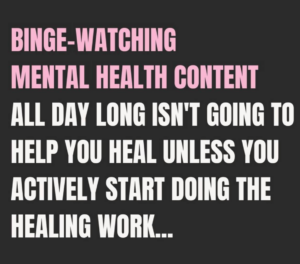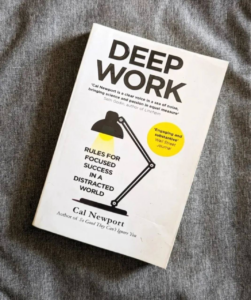
How to Find Your Dream Job
Vol 27, Issue 6, 18 October 2024
If a person loves their job, they go to work as if it were a holiday. However, how can they find such a job? This question is faced by recent school graduates, university students, and experienced professionals with a wealth of experience and accomplishments, who are passionate about their work, yet are not fully satisfied.
One way to find the right career path is through career guidance tests. There are many tests available, but they all have their limitations. Critics argue that they do not provide specific answers and cannot reveal new insights about oneself. They require honesty and can lead to self-deception if answers are given on behalf of an idealized version of oneself. Instead, it is better to approach the tests with the understanding that the answers to questions like “Who should I be when I grow up?” are not found in tests, but rather in the knowledge of what is not right for you. The tests can help narrow down the options and guide you towards the perfect fit.

Everyone has hobbies, favorite activities, and a range of interests. Take some time to think about what you like to do in your free time. What are you good at and what do you know a lot about that you could talk about for hours on end? In the book “Dreaming Is Not Harmful,” Barbara Sher suggests an exercise called “Playing Detective.” Imagine that you are Sherlock Holmes or Miss Marple and look at your apartment from the perspective of an outsider, someone who is very observant. What would they see? Describe the landlord of your apartment: what they are interested in, what their life values are, and who they might be professionally.
Perhaps, before we can begin to explore our “piggy bank of interests”, we need to collect some ideas. Staying in the same job and performing the same tasks for years, with a limited circle of friends, can lead us into a “tunnel”. It may seem like we are not interested in anything outside of work, but that’s not true. Let’s arouse our curiosity and make a list of things we haven’t done, places we haven’t visited, or people we haven’t met. This will help us to exit the tunnel and begin exploring new interests. By doing so, we will surely discover new topics and areas that interest us.

To find a profession that better suits you than the one you currently have, it is not necessary to make drastic changes to your life, such as quitting your job, going to the wilderness, or retraining with your last savings. Many people think that the ideal job is some place outside their field of vision, as different as possible from the job that led to their burnout and professional dissatisfaction. Office workers dream of becoming surf instructors, civil servants become actors, accountants become stylists, and so on. However, it is important to remember that if you have been in a profession for several years, your personal qualities brought you to that field and kept you there. Instead of following your calling so far, take a closer look at similar professional roles that may pay better or interest you more than your current job. For example, a schoolteacher can become a self-employed tutor, an accountant can become a financial consultant, and a civil servant can become involved in political technology.
- New Year’s mood - 22nd November 2024
- Minimalism is a way of life. Where to begin? - 15th November 2024
- Why do you need an air humidifier? - 8th November 2024
